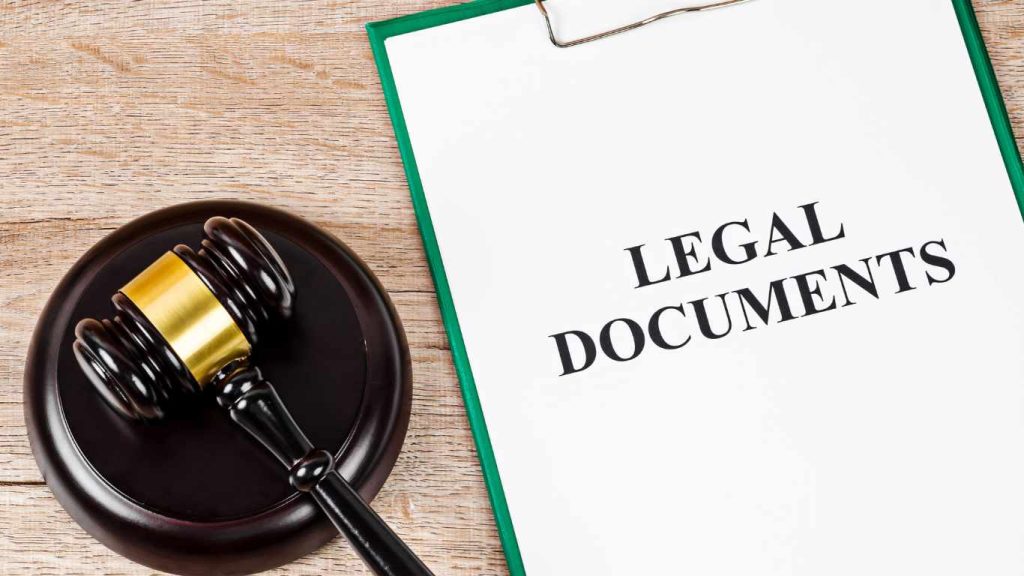
Why Estate Planning Matters
Estate planning involves deciding how your assets—such as property, investments, and personal belongings—will be distributed upon your death. Without a plan, your estate may be subject to probate, a lengthy and often costly legal process in which the state decides how to distribute your assets based on laws of intestacy. Estate planning allows you to:
Ensure your wishes are carried out: By creating a will or trust, you have control over how your estate is distributed and can designate specific beneficiaries for your assets.
Minimize family conflict: A clear estate plan reduces the likelihood of disputes between family members over who gets what.
Avoid probate: A properly structured estate can bypass probate, allowing your assets to be transferred directly to your beneficiaries without legal delays.
Reduce taxes: Certain types of trusts can help minimize estate and inheritance taxes, preserving more of your assets for your heirs.
The Difference Between Wills and Trusts
A will and a trust are two of the primary tools used in estate planning. While both allow you to dictate how your assets will be handled after your death, they function differently and serve different purposes.
Wills
A will is a legal document that outlines your wishes for the distribution of your property, care of any minor children, and other matters after your death. Key features of a will include:
Simple to create: Wills are generally easier and less expensive to set up than trusts.
Requires probate: Wills must go through probate, a court-supervised process that can take months or even years to resolve.
Public record: Because probate is a public process, the contents of a will become part of the public record.
Effective after death: A will only goes into effect after you die.
Trusts
A trust is a legal arrangement in which a third party, known as a trustee, holds and manages assets on behalf of your beneficiaries. Trusts come in different forms, but the two most common are revocable living trusts and irrevocable trusts.
Avoids probate: Assets held in a trust do not go through probate and can be transferred to beneficiaries quickly and privately.
Effective during your lifetime: A trust can take effect while you’re still alive, allowing you to manage your assets and make changes if needed (in the case of a revocable trust).
More control: Trusts allow you to specify when and how beneficiaries receive their inheritance, such as distributing assets at certain ages or for specific purposes like education or healthcare.
Potential tax benefits: Certain types of trusts can reduce or eliminate estate taxes.
The Importance of Pre-Planning
Just like funeral arrangements, pre-planning your estate is essential to avoid confusion, delays, and unnecessary costs. Here are a few key reasons to start now:
Protecting Your Assets
Without an estate plan, your assets may be divided according to state law, which may not align with your wishes. By setting up a trust or drafting a will, you ensure that your assets are distributed to the people or causes that matter most to you.
Caring for Dependents
If you have minor children or family members who rely on you financially, it’s crucial to have a plan in place for their care. A will allows you to name a guardian for your children, ensuring they are cared for by someone you trust.
Minimizing Taxes and Legal Costs
A well-structured estate plan can significantly reduce the amount of taxes your heirs must pay on their inheritance. Additionally, trusts can help avoid the costs associated with probate court, which can sometimes consume a significant portion of the estate.
Preventing Family Disputes
Clear and legal instructions regarding your assets help prevent disagreements among family members. Pre-planning also allows you to discuss your decisions with your loved ones beforehand, reducing the chances of future misunderstandings.
Pre-Planning with a Professional
Estate planning can be complicated, and the laws vary by state. Consulting with an estate planning attorney can help you navigate these complexities and ensure that your will or trust is legally sound and up to date. A legal professional will also ensure that all necessary documents, such as powers of attorney or healthcare directives, are in place.
Conclusion: Start Planning Today
Whether you opt for a simple will or a complex trust, taking the time to create an estate plan is one of the most important steps you can take to protect your family’s future. Planning your estate now, before it’s too late, will not only bring you peace of mind but also provide security for your loved ones during difficult times.
By having a trust, will, or combination of both, you are not just planning for your own peace of mind—you are giving your loved ones a roadmap to follow, reducing their emotional and financial burden when they are already grieving.
